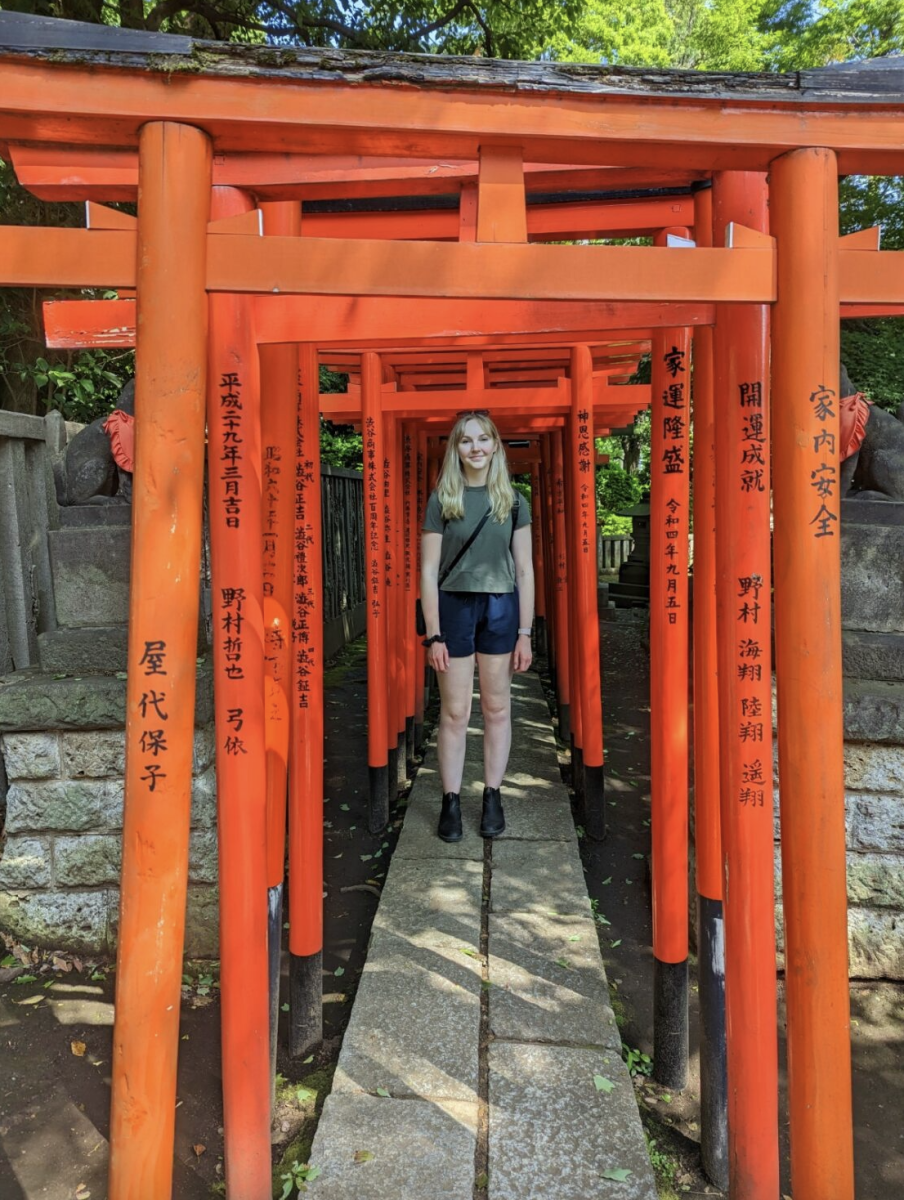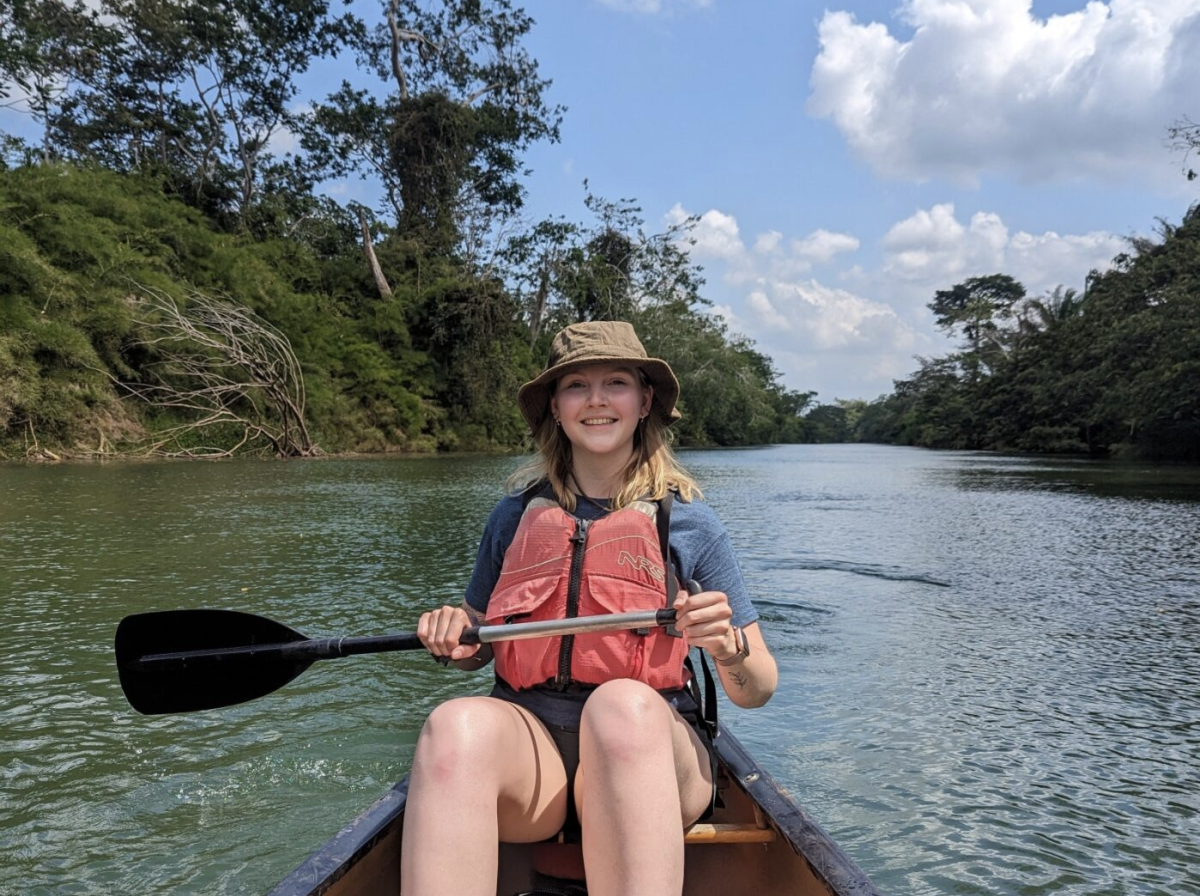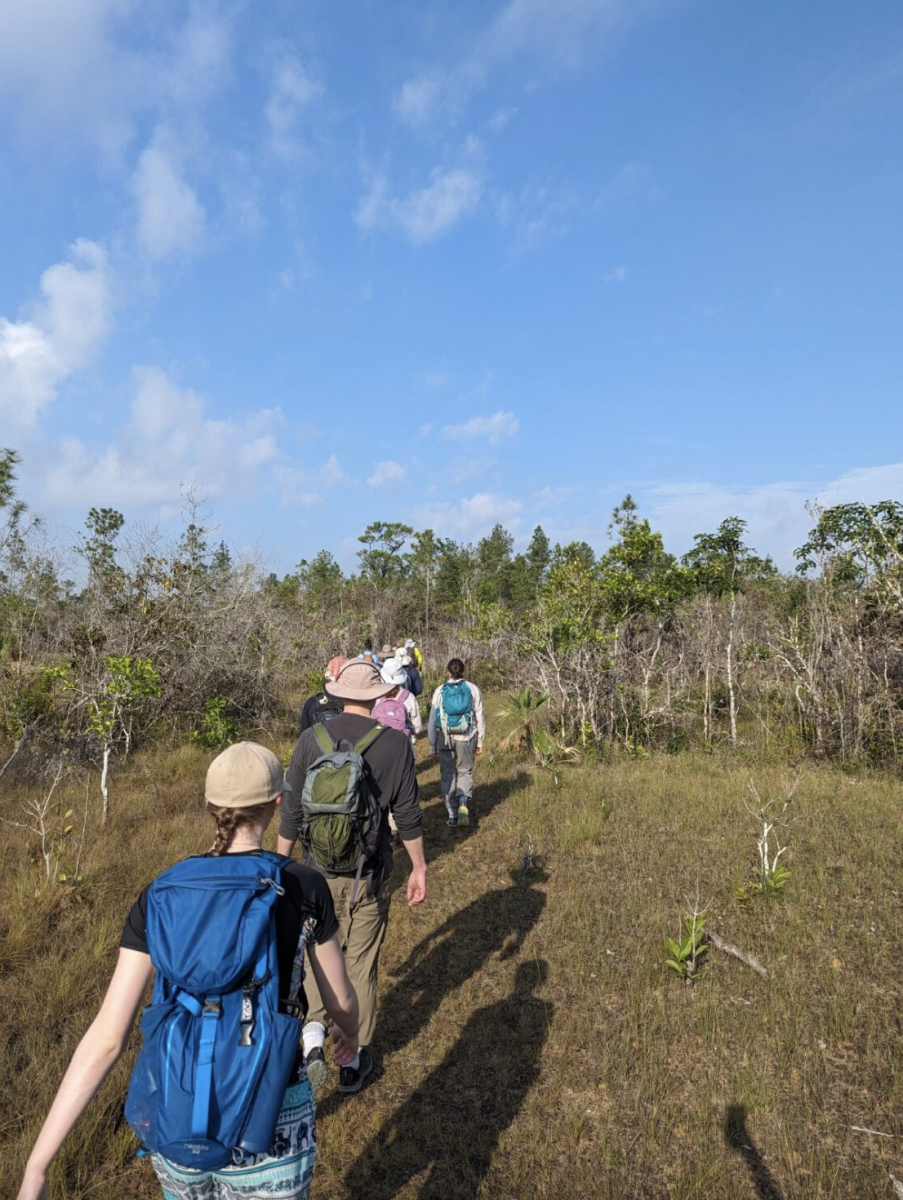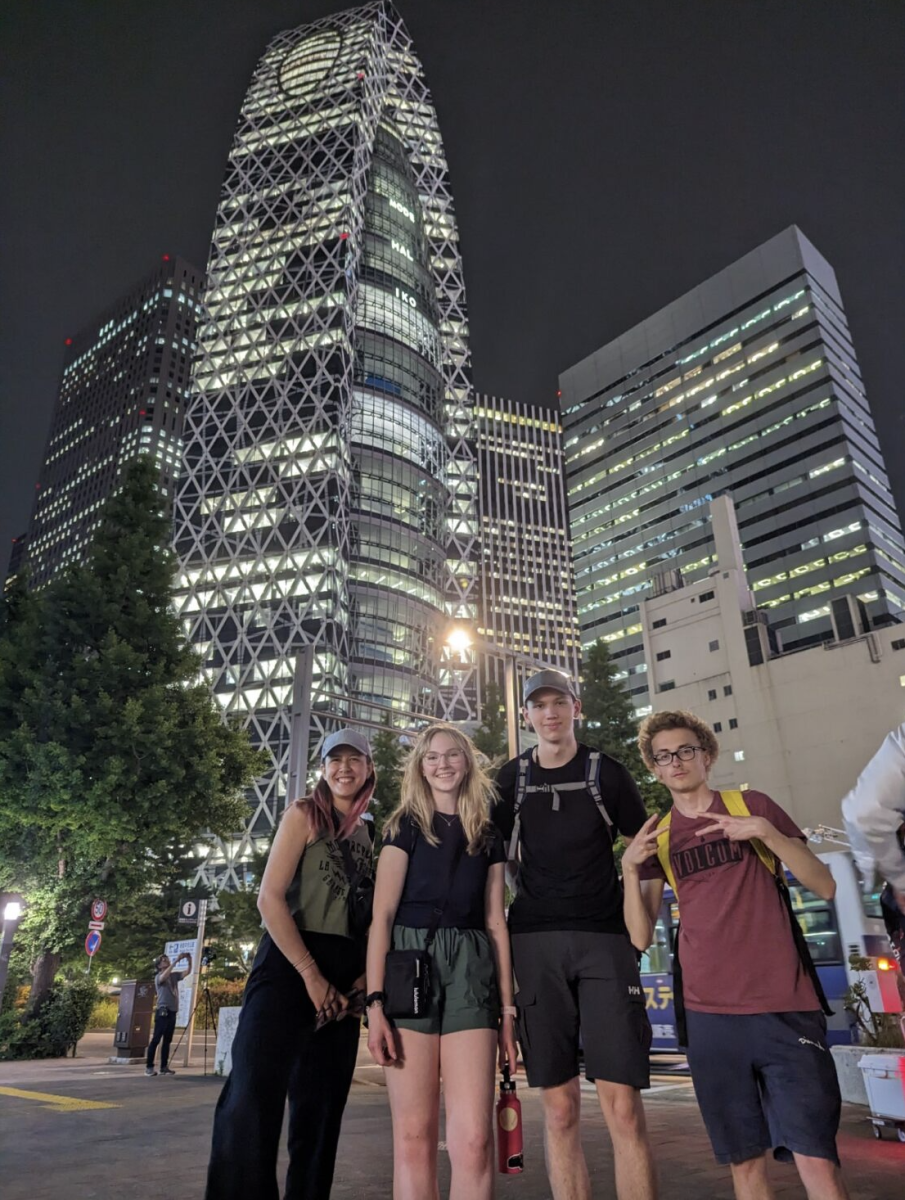Field courses have been the highlight of my degree so far because I got to see lots of amazing sights around the world and meet so many amazing people! I have completed two field courses to Japan in 2023 and Belize in 2024. These have both been incredible learning experiences for me that have happened outside of the typical classroom.

What is a field school?
Field schools are led by TRU instructors and are typically two to six weeks in length. These courses count as credit towards your degree and the course tuition is included in the estimated overall cost. Field schools usually operate during April, May, and June after the Winter semester is completed. Many programs have their own field courses available, some of which are open to all students.
How much does it cost?
The cost depends on the length and destination of the course and varies depending on the exchange rate. Costs are kept as low as possible for students with funding available. The study abroad office works with the professors to get funding for students to help lower costs and typically funding ranges from $1500 to $3000 per student.

How many credits do I get?
A field course is a three credit course but the structure of it is a bit different than a regular course. Typically you only meet a few times throughout the winter semester rather than every week like a regular class. These meetings are usually to discuss flights, travel plans, get to meet everyone, and complete any pre-departure work the course may have.
Do they have to be in your degree?
It depends! Some programs have field schools only open to students in those programs. Both of the field schools I attended were open to all students. TRU Study Abroad has a list of field schools that are running and who is able to attend them.
What are some things I got to do during field schools?
Japan: visited many shrines and temples, visited the university and met the students, went to an annual festival, went to Miyajima and saw the most iconic tori gate, went to the Hiroshima museum, and so much more!
Belize: cave tubing, swimming with sharks, visited Mayan ruins, bird banding, made corn tortillas and chocolate from scratch, hiked in the jungle, and so much more!

Overall these are a great way for short term travel if you aren’t able to commit to a full Study Abroad semester. They provide great experiences for students and many different learning opportunities that you don’t get in a regular classroom setting.
Written by Future Student Ambassador, Kira Schmidt (2024).


